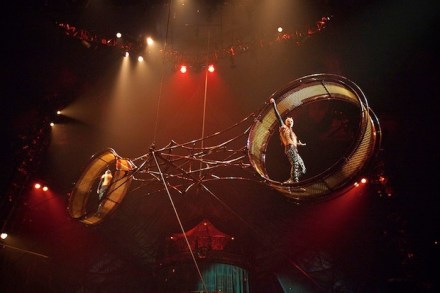Night Will Fall review: the Hitchcock film they didn’t want you to see
At the synagogue where I happened to be singing last Saturday, the rabbi wrapped up her regular notices with a timely exhortation to her congregants to try to watch the André Singer documentary Night Will Fall. In 1945, as the Allied forces fought their way across Europe, in the process uncovering the hideous network of Nazi death and slave-labour camps, film producer Sidney Bernstein was despatched by the Ministry of Information to lead a few dozen army cameramen tasked with documenting the astonishing extent of the German atrocities. The project was intended to serve not merely as a current affairs update for the edification (and/or mortification) of the British public,

















